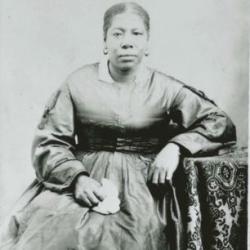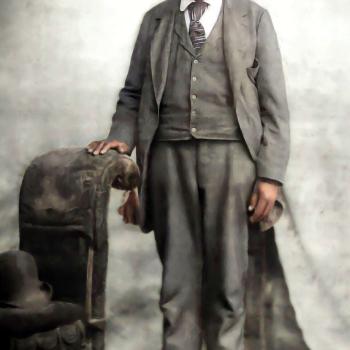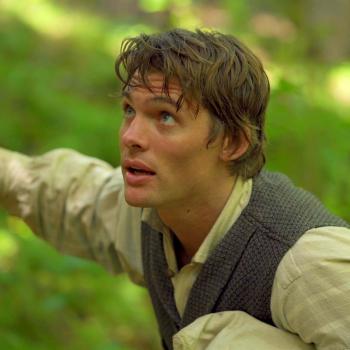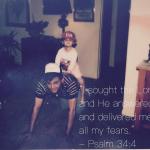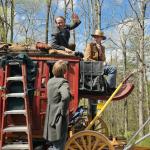 I am pleased to continue our series on “How I Do Research” with this interview with Dr. David deSilva (Ashland Theological Seminary). deSilva is an impressive scholar, author of the highly-acclaimed textbook An Introduction to the New Testament (900+ pages), significant scholarship on Hebrews, and much research on the cultural world of the first century. His work on social-scientific study of the New Testament was very formative for me especially in my early years of New Testament study. He is currently writing the new edition of the NICNT commentary on Galatians.
I am pleased to continue our series on “How I Do Research” with this interview with Dr. David deSilva (Ashland Theological Seminary). deSilva is an impressive scholar, author of the highly-acclaimed textbook An Introduction to the New Testament (900+ pages), significant scholarship on Hebrews, and much research on the cultural world of the first century. His work on social-scientific study of the New Testament was very formative for me especially in my early years of New Testament study. He is currently writing the new edition of the NICNT commentary on Galatians.
- How do you approach research as a whole? Do you have a big-picture strategy? Do your research all at once, and then write? Do you do some sketching and reflecting on paper and then dig into research? Do you go back and forth?
My writing process is generally one of leavening. I begin with an outline of an argument (“argument” broadly conceived) and keep working more material into the outline until it’s 500 pages long (+/- 300). Writing becomes a matter of prosifying (hey, I just made up a word) the whole into a hopefully coherent presentation.
- What kind of notes do you take (ideas, quotes, etc.)? How do you organize them?
Quotations, positions, any useful data, and my interpretations of/reactions to them. I spend a lot of time with primary sources first.
Organization is always a challenge, but I tend to try to decide within what subsection of a paper or book the particular observation, quotation, or whatever will be appropriately discussed and copy it into the emerging document.
- What kind of tools do you use for researching and collecting information? (software? Do you store notes in Endnote? Dropbox? Evernote? Filing cabinet?)
I’m a troglodyte in this regard. I have gotten to the point where I can pull from my past bibliographies as I write new works, but I have no true information-collecting or bibliography-managing software. I do everything and keep everything in MS Word documents stored in 1,000 files….
And yes, I still have real paper files in a bank of filing cabinets.
- What have you learned about doing research, collecting notes, and the process of writing throughout your career – put another way, if you could get into a time machine and go back twenty years (or ten years), what advice would you want to give to your younger self about the process of research and how you take notes and read scholarship?
Take notes and keep files based on a topical organization, not a per-product organization, from which you can draw and copy and cannibalize for individual projects.


